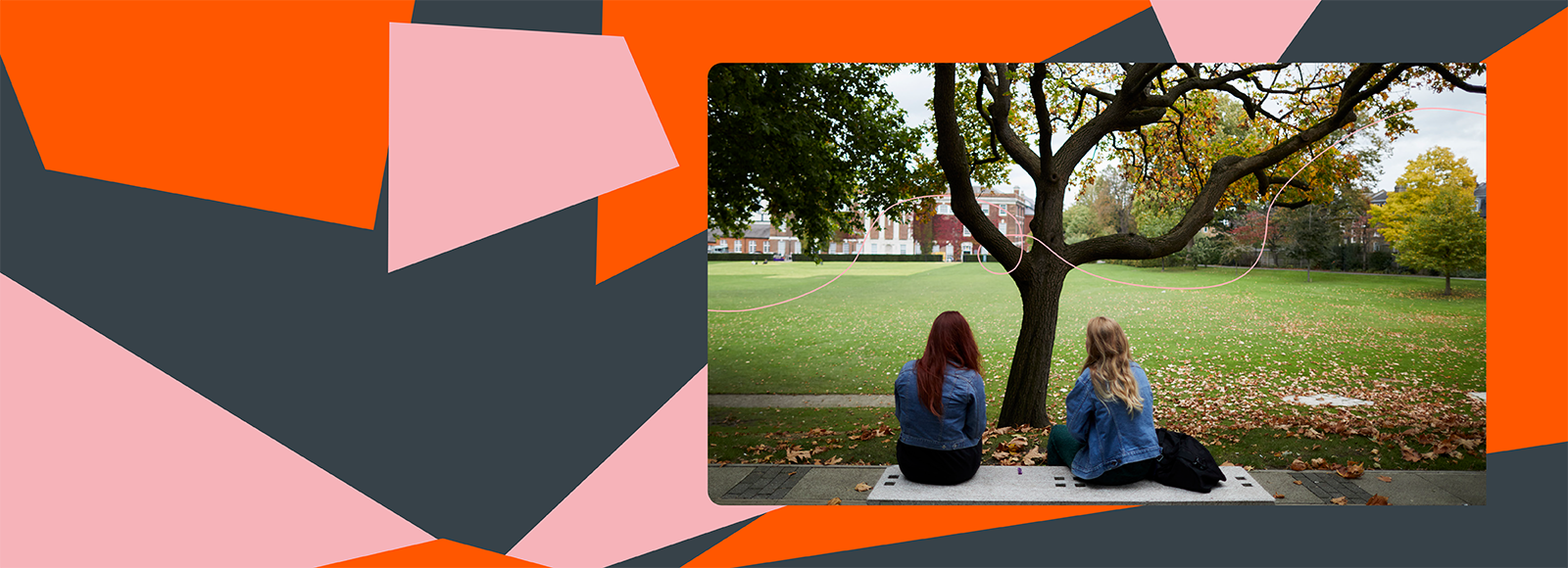- ...
Postgraduate Studentships - Search for funding opportunities.
Postgraduate Studentships - Search for funding opportunities.
Study a degree that develops your arts practice through the expressive world of creative computation. This Masters provides you with the historical foundations, frameworks and critical skills to produce a series of projects for public exhibition.
You should have (or expect to be awarded) an undergraduate degree of at least upper second class standard in a relevant/related subject.
You might also be considered for some programmes if you aren’t a graduate or your degree is in an unrelated field, but have relevant experience and can show that you have the ability to work at postgraduate level.
See our website for fees
The programme will equip you with a broad training in the use of creative computing systems that are currently most important in artistic, design and cultural practices and the creative industries, as well as technologies that are yet to emerge.
Year 1 shares the same compulsory modules as our MA in Computational Arts programme.
Module title
Computational Arts-based Research and Theory 30 credits
Workshops in Creative Coding 1 15 credits
Workshops in Creative Coding 2 15 credits
Final Project in Computational Arts 60 credits
You’ll then take 60 credits worth of option modules from the indicative list of optional modules below.
Module title
Programming for Artists and Designers 15 credits
Computational Form and Process 15 credits
Advanced Audio-visual Processing 15 credits
Physical Computing 1 15 credits
Physical Computing 2 15 credits
Data and Machine Learning for Artistic Practice 15 credits
Hacking your creative practice 15 credits
Extended Reality for Creative Practice 15 credits
Special Topics in Programming for Performance and Installation 15 credits
Approaches to Play 1 15 credits
Approaches to Play 2 15 credits
Visual Game Development 15 credits
Game Development 15 credits
Motion Capture Techniques and Digital Embodiment 15 credits
Pervasive Gaming and Immersive Theatre 15 credits
Please note that the availability of optional modules depends on student demand and staff availability.
Year 2
In your second year, you will take the following compulsory modules.
Module title
Computational Arts Critical Studies 60 credits
Studio Practice – Computational Arts 90 credits
You will also take two 15-credit modules from a list approved annually by the department.
In year two, you will also be encouraged to audit other classes offered by the department that fit your research interests and further develop your technical skills. Subject to agreement from the respective tutor, you can also audit other classes across Goldsmiths as well as classes across most Universities that form the University of London.
Subject to availability you will also have access to all the technical facilities in the department in order to further develop your practice.

A melting-pot of ideas, one creative powerhouse One Goldsmiths At Goldsmiths, academic excellence and imaginative course content combine to make a pla...
Sign up to Postgraduate Studentships
Sign up to compare masters
Thanks for making your selection. Click below to view your comparisons.